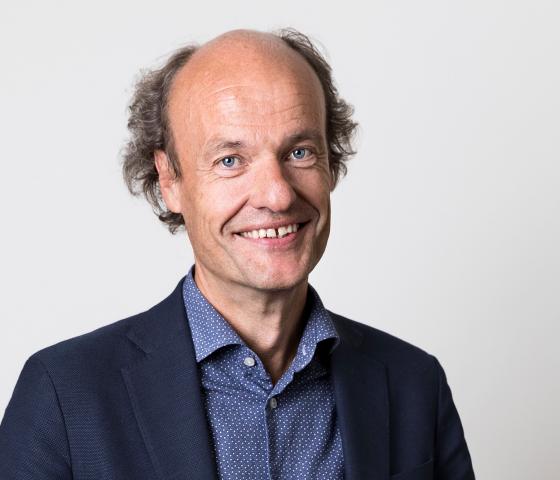
What does clean water mean to you?
What does clean water mean to you?
Gapminder’s UN Goals Test aims to address misconceptions about the biggest challenges of our time.
The questions about UN Goal 6: Clean Water and Sanitation focus on how many people have access to safe drinking water and sanitation, the proportion of freshwater used in agriculture, the prevalence of desalination plants, and governmental rules about freshwater planning and management.
Robert Jönsson is an AFRY expert within water management, and is not impressed by the numbers.
We interviewed him in order to get his perspective on the theme of Valuing Water:
“Today, about a thousand children die every day due to illness caused by drinking insanitary water - that is water contaminated by sewage. I cannot be happy with that. It should be every politician’s priority globally to safeguard everyone’s right to clean and safe drinking water, an adequate waste and sewage system, and a toilet in their home.”

How do you feel about the results, Robert?
That 70% of world population have access to clean water is a positive development, for sure, but I would not say I am happy with it.
Today, about a thousand children die every day due to illness caused by drinking unsanitary water - that is water contaminated by sewage. I cannot be happy with that.
It should be every politician’s priority globally to safeguard everyone’s right to clean and safe drinking water, an adequate waste and sewage system, and a toilet in their home.
Have you ever experienced a water crisis personally?
No part of the world can completely trust that their water will not eventually run out. Sweden is a Nordic example of that. The Swedish population has always assumed that water is an infinite resource. But in the summer heatwave of 2018, several municipalities in Sweden declared a shortage of water, the farming community was forced to take dramatic measures, and industries had to shut down operations due to water scarcity.
What does secure access to clean drinking water mean exactly?
Secure access to clean drinking water, on a European and global scale, means to regard any water source as a potential drinking water source.
Higher temperatures mean higher risk of contamination, droughts and other crises. Global mega trends such as climate change, increased population and urbanisation only increase the importance of finding sustainable solutions.
But there are different ways of solving this particular problem.
Really we ought to regard waste water as a resource, not merely waste. There are a number of countries where a circular and holistic approach to the whole water cycle has led to new methods of cleaning and reusing waste water, storm water and even oceans in order to preserve humanity’s most important resource. In Barcelona, Cyprus and Singapore they use recirculated and cleaned waste water – just to name a few examples. The modernisation of waste water plants is high on the agenda in many countries, and AFRY is involved in many of these projects.
New membrane filtering techniques change the game and ought to be made a minimum requirement if you ask me. In Sweden there’s an old proverb that says that something of little value “is not even worth the weight of water”. But now the tables have turned and water is worth its weight in gold…at least!!"
